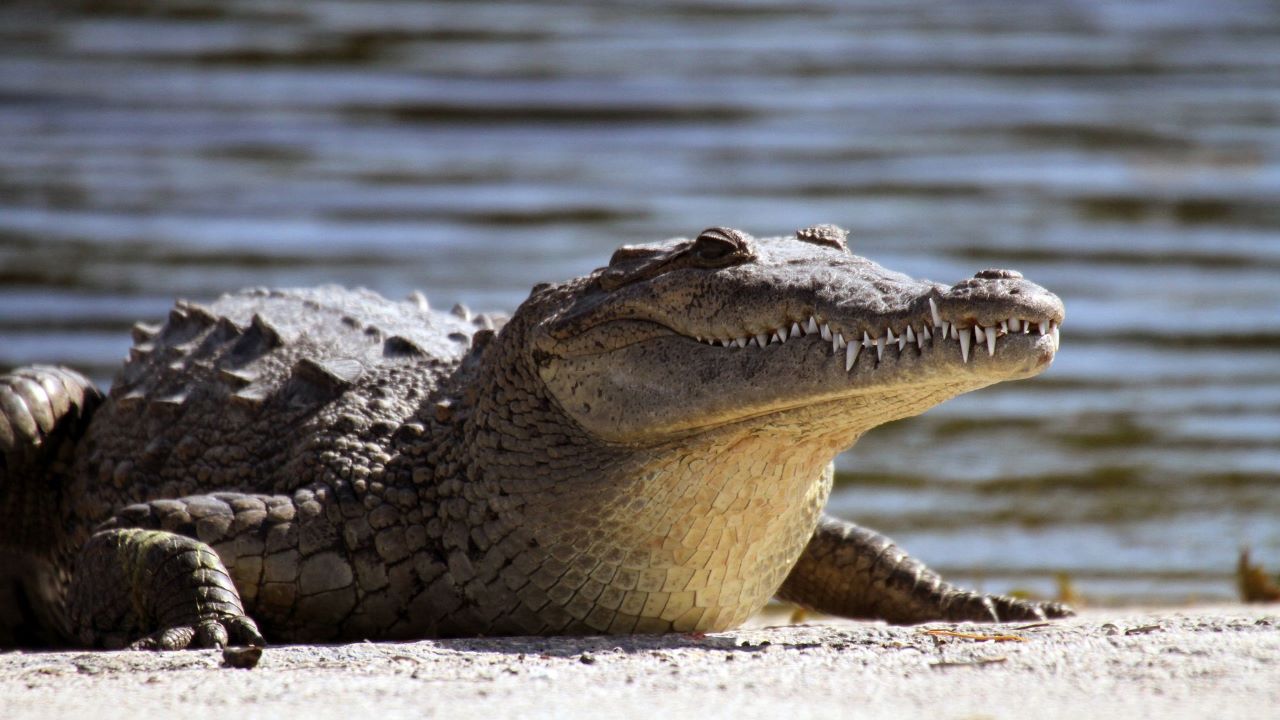Africa ( Commonwealth Union )_ Researchers at a zoo in Costa Rica have made an intriguing discovery – the first recorded case of a crocodile engaging in self-reproduction. This phenomenon, commonly known as “virgin birth,” has previously been observed in various species of birds, fish, and other reptiles but never before in crocodiles.
The extraordinary occurrence came to light when an 18-year-old female American crocodile laid an egg at Parque Reptilania in January 2018. Upon examination, scientists found that the fetus inside the egg was fully developed but stillborn, displaying a genetic similarity of 99.9% to the mother. This finding confirmed that the egg had been produced through parthenogenesis, a form of asexual reproduction where an embryo develops from an unfertilized egg.
The crocodile responsible for this unique event had been isolated from other crocodiles since she was acquired at the age of two. As a result, the scientific team at the park sought assistance from a specialized team at Virginia Polytechnic in the United States, well-versed in studying virgin births.
In an article published in the Royal Society journal Biology Letters, the researchers suggested that virgin births might be more common in crocodiles than previously thought. The phenomenon could have gone unnoticed until now due to a lack of observation. They propose that eggs should be assessed for viability even when males are absent, as captive reptiles often lay non-viable clutches of eggs after a period of isolation.
The scientists also highlighted the possibility of missed instances of parthenogenesis when females cohabitate with males, as virgin births can occur even in the presence of potential mates. This newfound understanding raises intriguing questions about the reproductive capabilities of extinct relatives of crocodiles, including dinosaurs.
The underlying reasons behind parthenogenesis in different species remain unclear, although the scientific literature is increasingly documenting such occurrences. One theory suggests that parthenogenesis might arise in species on the brink of extinction or when their numbers dwindle significantly.
This groundbreaking evidence not only sheds light on the reproductive potential of ancient relatives of crocodiles but also opens doors for further research into the evolutionary history of self-reproduction, including its potential presence in dinosaurs. By actively seeking and studying these rare instances, scientists are gaining valuable insights into the intricacies of nature’s diverse reproductive strategies.








